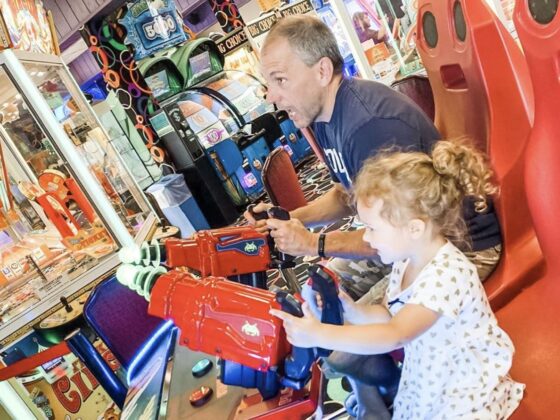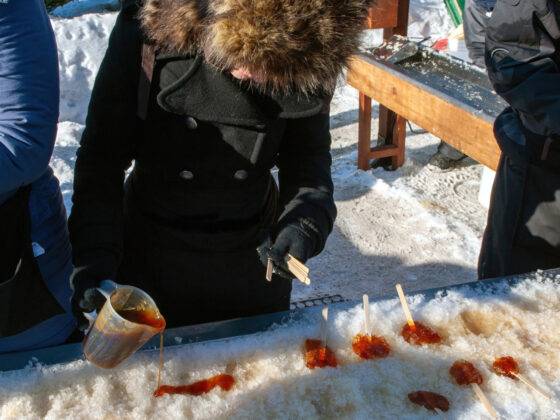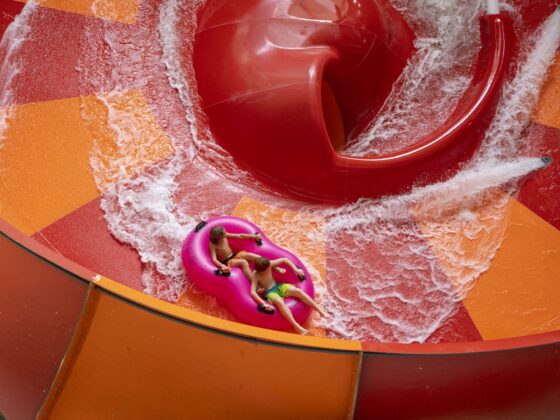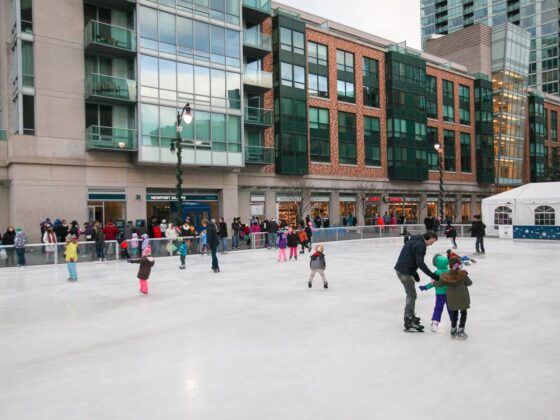If you’ve been wanting to volunteer, but finding it hard to do because, you know, you’ve got littles, then here’s a very cool opportunity that contributes to the greater good and involves your kids under 5, no matter how young (yes, that means babies, too). We’re talking about science and how your baby learns: At the Rutgers Newark Child Research Labs, psychologists and moms, Vanessa LoBue and Elizabeth Bonawitz, have been conducting studies on the way kids learn for over a decade, by playing games with them, reading stories, or watching how they react to computer images, all while documenting the info. The results they get from these meetings go a long way to helping everyone—it affects schools, policy, and the way doctors view kids. And you know what? For about an hour of your time, your child can contribute to this important research, help them get the information they need, and walk away with an official certificate of participation for their baby book. Read on to learn more about how your kids can be science trailblazers.
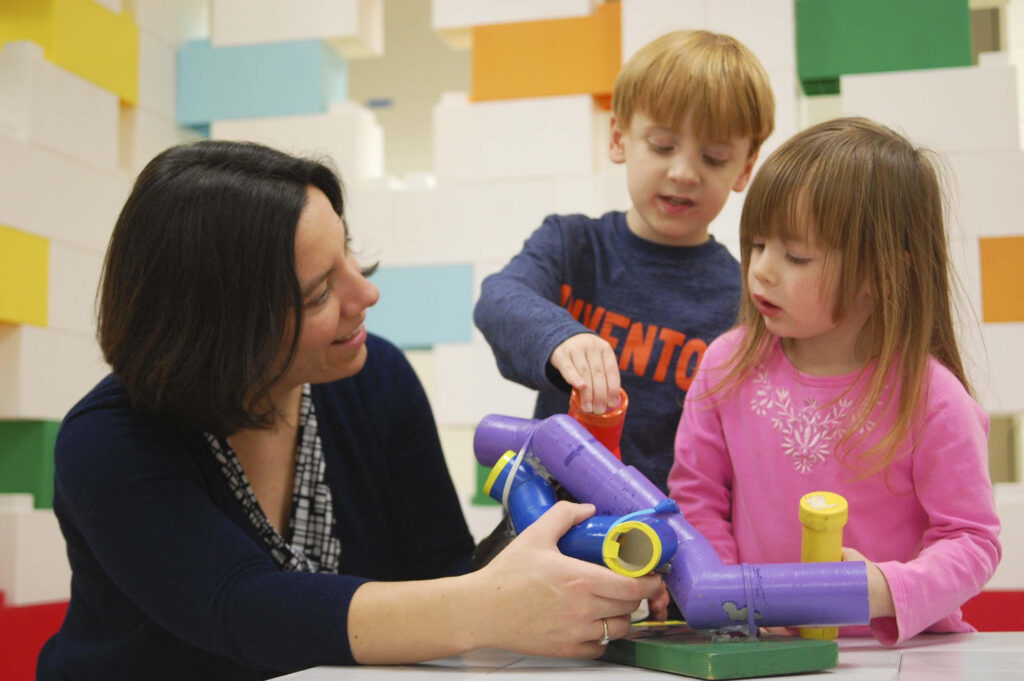
Meet the Science Moms!
Both Vanessa and Elizabeth are moms like you, they just happen to be child development scientists, too. They’ve enlisted babies and kids (including their own) for countless studies and research projects, so they know a lot about what they’re doing and about their participants. Their research has been published in renowned scientific journals and used as evidence to help policymakers with educational initiatives that shape the learning process which could directly affect your kids. Case in point: Vanessa and Elizabeth have helped policymakers understand the importance of early childhood play and that has resulted in schools applying ample recess into their curriculums. Without this work, we as a society wouldn’t know how kids learn or what types of programs might fit children with different needs.
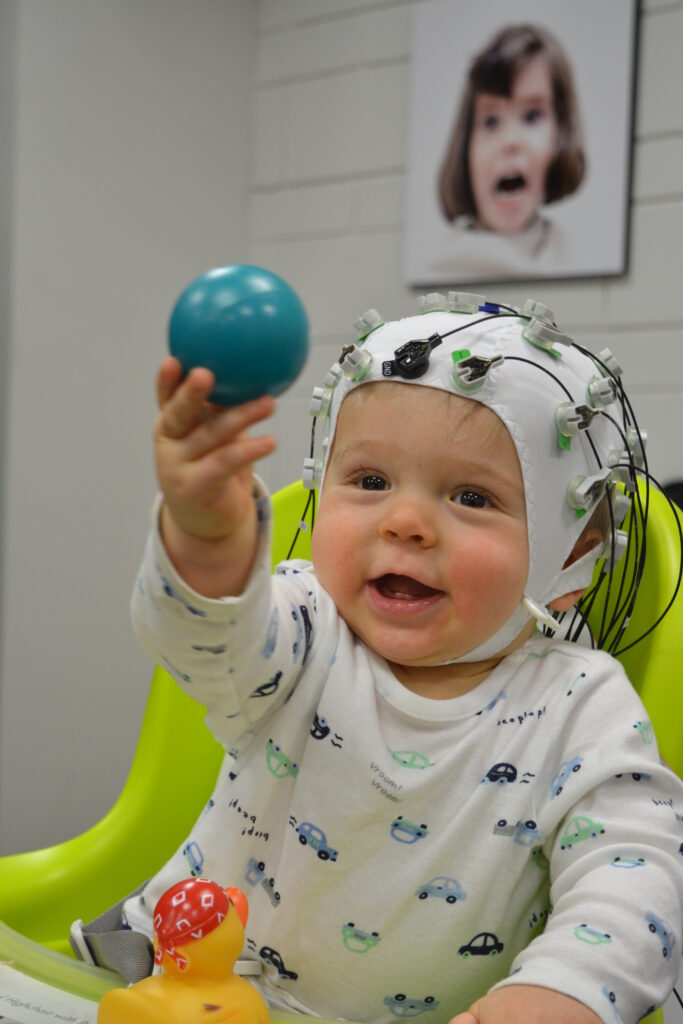
How You Can Volunteer
Being a participant means that you’re helping to make this world a more enriching and healthier place for all children. And it really won’t take a lot of your time—most studies are less than an hour and there is a reserved parking spot right next to the lab just for you (it’s also easy to access by public transportation). In the meantime, your baby will have loads of fun playing games, listening to short books, or looking at images on a computer screen. Typically, parents are in the room, but if not, there’s usually a one-way mirror so you can see what’s going on. The simple games may involve watching a video clip, playing on the computer or with toys, reading a book, or looking at pictures while the scientists observe your child’s behavior and responses. For your bigger kids, they may ask your child questions about what they’re doing, what their favorite things are, how they feel or to do things like group objects or activate toys. Each study has different criteria, which means the scientists may use tools to enhance the findings like measuring eye movement, monitoring heart rate, or surveying simple electrical signals with a special hair net that fits on your child’s head like a winter hat. After, you’ll also get some swag—a small toy or nominal gift card and lots of info about science and the study—and each child receives an official certificate of participation that they can save for posterity (and you can proudly show everyone that your little is a scientific pioneer). Later on, you’ll receive a newsletter so that you can see how the results played out with other participants in the research (but don’t worry, it’s all confidential).
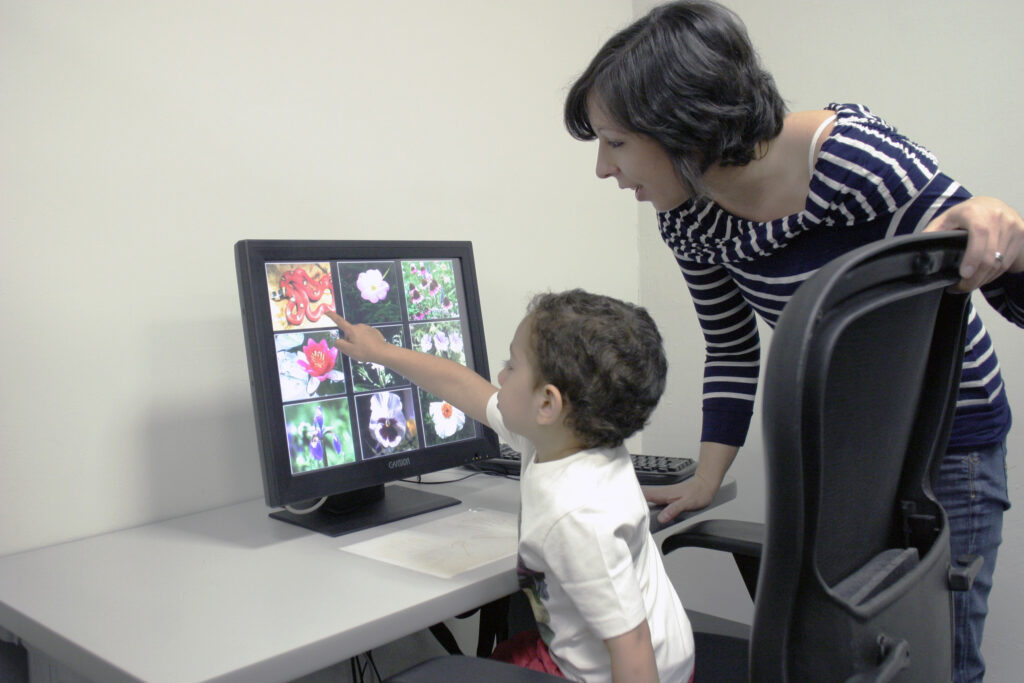
Ready to Sign Up?
If this sounds like something you want your child to be a part of, here’s what you need to do to get involved: Fill out this online application stat, and a representative from the research department will contact you to tell you more about the lab and the study, and then you can set up an appointment. And with that, you’ll feel good knowing that you and your child are shaping all children’s futures.
To learn more about the process, check out this video and their website.
This post is sponsored by Rutgers Newark Child Research Labs where they are passionate about helping our children learn.





